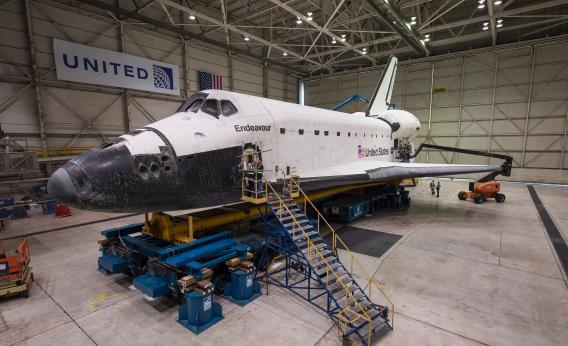There’s a lot to chew on in Leigh Phillips Jacobin paen to NASA and space exploration which makes what I think is the correct point that despite capitalism’s much vaunted “dynamism” and love of “innovation” it’s actually only the state that can make certain really big leaps.
But I find that a lot of backward-looking nostalgia for the space program fails to adequately situate it in the context of the Cold War. Phillps argues that the total lifetime cost of NASA has been trivial compared to U.S. military expenditures, but I think that misses the point. In its heyday NASA undertook big missions precisely because it was part of the project of American military hegemony. It wasn’t the Apollo Mission on the one hand but the Vietnam War on the other. Americans went to the moon for the exact same reason Americans bombed North Vietnam—fear of Communist expansion.
Which isn’t to say that Phillips is wrong exactly. The American military-industrial complex is a really impressive set of institutions that’s done a lot of amazing things with technology over the years. And we particularly saw during World War II and the Cold War that when American elites are genuinely frightened about the consequences of failing to construct effective state institutions, that impressive things follow. But I’m less sure what follows from that in particular. Mitt Romney warning darkly that it’s “unacceptable” to imagine a future in which “China may someday be looking down on us from the moon” seems like something you really do want to assess on the foreign policy merits.
